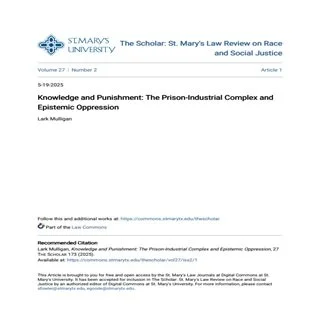By Lark Mulligan
The police murdered Alton Sterling on camera. They also murdered Eric Garner, Laquan McDonald, and many others; the videos of their deaths garnered millions of views. Information about some horrors of the criminal legal system is spreading widely, yet White mainstream media outlets frequently dismiss, erase, or demonize Black, Indegenous, and People of Color (“BIPOC”) communities who protest and organize to demand justice through the abolition of or radical changes to the policing and prison systems. In response to these racist atrocities and within the broader context of criminal legal reform, activists and academics frequently craft ethical arguments such as: “Solitary confinement is immoral because it inflicts psychological and physical torture” or “Incarceration is unethical because prisons are inherently violent places.” Many ethical arguments center on the racist injustices and harm that affronts human dignity and agency caused by prisons and police. Others critique the racist and retributive ethics of “law and order” rhetoric. Each argument is well-supported by accessible data that can be found in numerous studies, books, articles, and media. However, people often erroneously dismiss these data-driven, logical, ethical reasonings as factually inaccurate, or many respond with a deeply racist ethical-legal rationale, for example: “While there may be abuses in prisons, some people need to be put in solitary or prison and deserve it because [insert classical legal rationales for punishment: deterrence, retribution, rehabilitation, etc.].” Ethical and legal arguments are severely limited, however, when they lack an epistemological interrogation into the power structures that determine what qualifies as “knowledge” within the ethical-social conversation. This article demonstrates why anti-prison activists’ ethical arguments generally do not receive the due credibility and weight they deserve unless they pair critical liberatory epistemic practices with material, institutional, and social transformations. Abolitionists claiming to fight the confines of carceral epistemologies cannot merely sit back and point out the already-existing logical contradictions in the criminal legal system—it is not enough.
The Scholar: St. Mary's Law Review on Race and Social Justice, Vol. 27 [2025], No. 2, Art. 1



